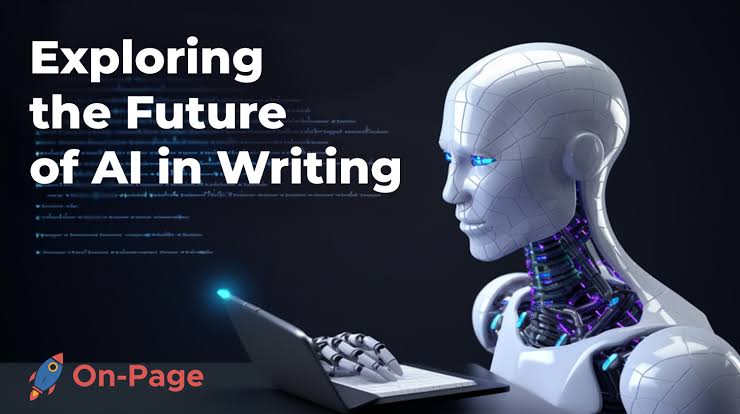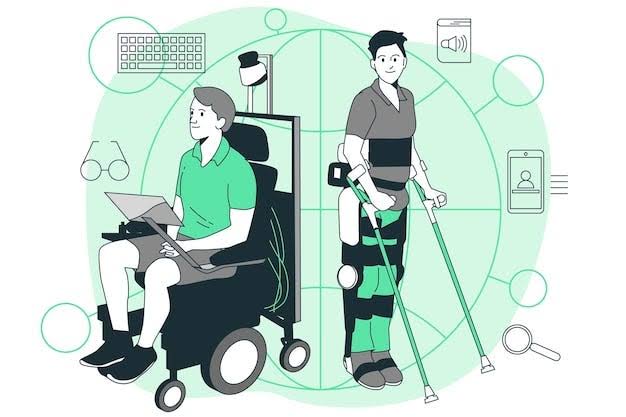Artificial intelligence is steadily reshaping the landscape of creative writing. From generating short stories to assisting in novel outlines, AI tools are becoming part of the creative process for writers, publishers, and content creators. The evolution of these technologies suggests that their role will grow even more influential in the years ahead, raising both opportunities and questions about creativity, originality, and ethics.
Expanding Creative Possibilities
AI in creative writing is not limited to producing generic text. Modern AI systems are capable of generating unique storylines, crafting realistic dialogue, and mimicking specific writing styles.
- AI can suggest plot twists that a writer might not have considered.
- Writers can use AI-generated prompts to overcome creative blocks.
- Language models can adapt to specific tones, genres, or narrative structures.
This expansion of possibilities allows authors to explore new literary directions without being restricted by traditional brainstorming methods.
Collaboration Between Human and Machine
Rather than replacing human creativity, AI is increasingly seen as a collaborative partner. Writers can leverage AI to speed up the writing process while maintaining their own voice and artistic control.
- Authors can use AI to draft sections of a manuscript and then refine them.
- Screenwriters can quickly generate dialogue samples before final edits.
- Journalists can rely on AI to summarize large volumes of research.
This human-machine synergy allows writers to focus more on the nuanced, emotional, and thematic aspects of their work.
Personalization and Audience Engagement
AI-driven creative writing tools are enabling more personalized content experiences for readers.
- Platforms can generate customized short stories based on a reader’s preferences.
- Interactive narratives can adapt in real time to audience choices.
- Serialized fiction can be tailored for different demographic groups.
This personalization creates deeper engagement and may lead to new storytelling formats that were previously impractical.
Overcoming Writer’s Block and Creative Stagnation
One of AI’s most practical contributions is helping writers move past creative obstacles.
- AI tools can generate alternative phrasing or multiple plot variations.
- Writers can receive instant feedback on pacing, tone, and structure.
- Real-time brainstorming features help maintain writing momentum.
By providing a constant stream of ideas, AI reduces downtime and keeps creative energy flowing.
The Rise of Multimodal Storytelling
AI is making it easier to combine text with other creative elements such as images, audio, and video.
- AI-generated illustrations can accompany short stories or novels.
- Voice synthesis tools can produce audiobook versions instantly.
- Video AI can turn written narratives into animated or cinematic content.
This integration supports immersive storytelling experiences that appeal to modern audiences across multiple platforms.
Ethical and Creative Challenges
Despite its advantages, AI in creative writing raises important concerns.
- Questions about authorship arise when AI contributes heavily to a work.
- Plagiarism risks may increase if AI unintentionally reproduces existing content.
- Over-reliance on AI could lead to formulaic and less original narratives.
The future of AI writing will require clear ethical guidelines to ensure transparency and protect intellectual property.
AI as a Learning and Editing Tool
Beyond generating text, AI is improving its role in teaching writing techniques and offering editorial feedback.
- Grammar and style checkers are becoming more context-aware.
- AI can analyze an author’s past work to suggest thematic consistency.
- Writers can use AI for pacing analysis and readability scoring.
This educational aspect of AI could help new writers improve faster and refine their craft more effectively.
The Evolution of Publishing and Distribution
As AI becomes more embedded in creative writing, it is influencing the publishing industry.
- Automated submission filters can assess manuscripts for quality.
- Publishers may use AI to predict a book’s market success.
- Self-published authors can use AI marketing tools to reach niche audiences.
These shifts are likely to create a more dynamic and competitive literary market.
Conclusion
The future of AI in creative writing is not about replacing human storytellers but about enhancing their abilities. By providing new ideas, speeding up workflows, and enabling more personalized reader experiences, AI has the potential to expand what’s possible in literature and content creation. However, this evolution will need careful management to preserve originality, maintain ethical standards, and ensure that human creativity remains at the heart of the storytelling process.




yxjph1
I enjoyed reading the article. What a great masterpiece to read tonight!
I still think it has it’s cons especially as a student